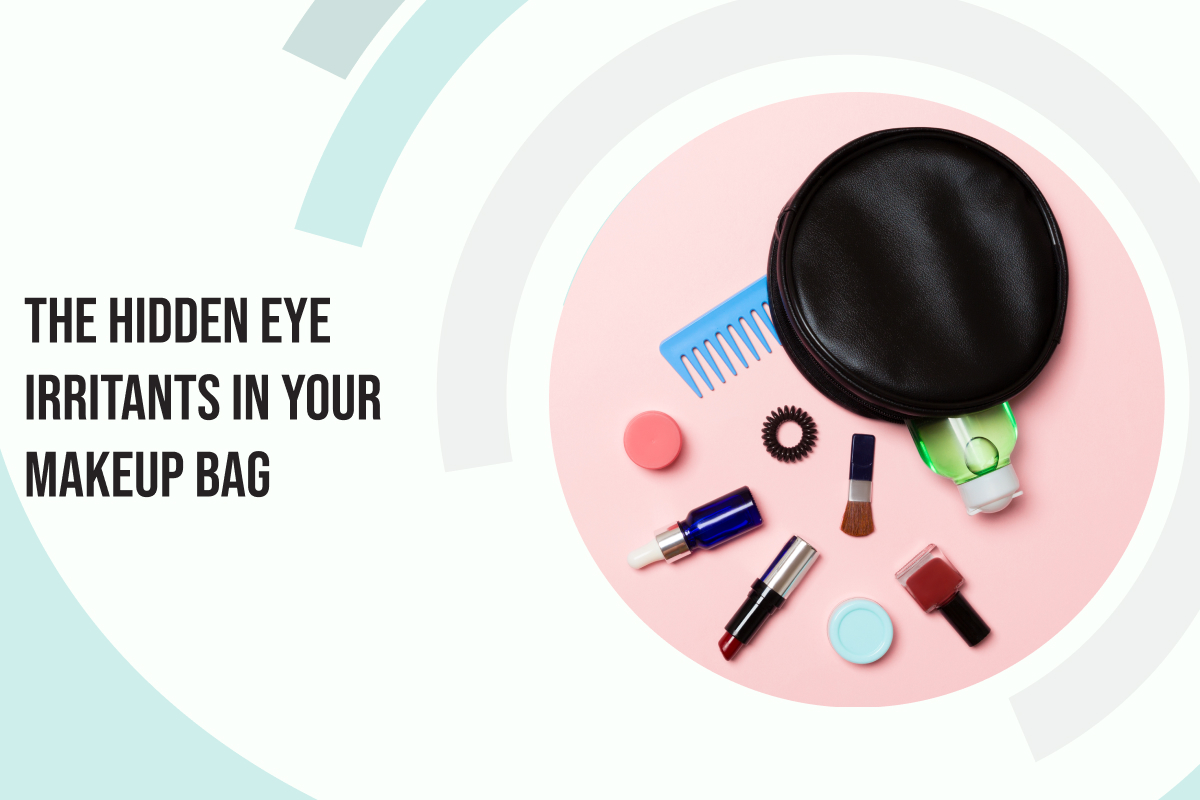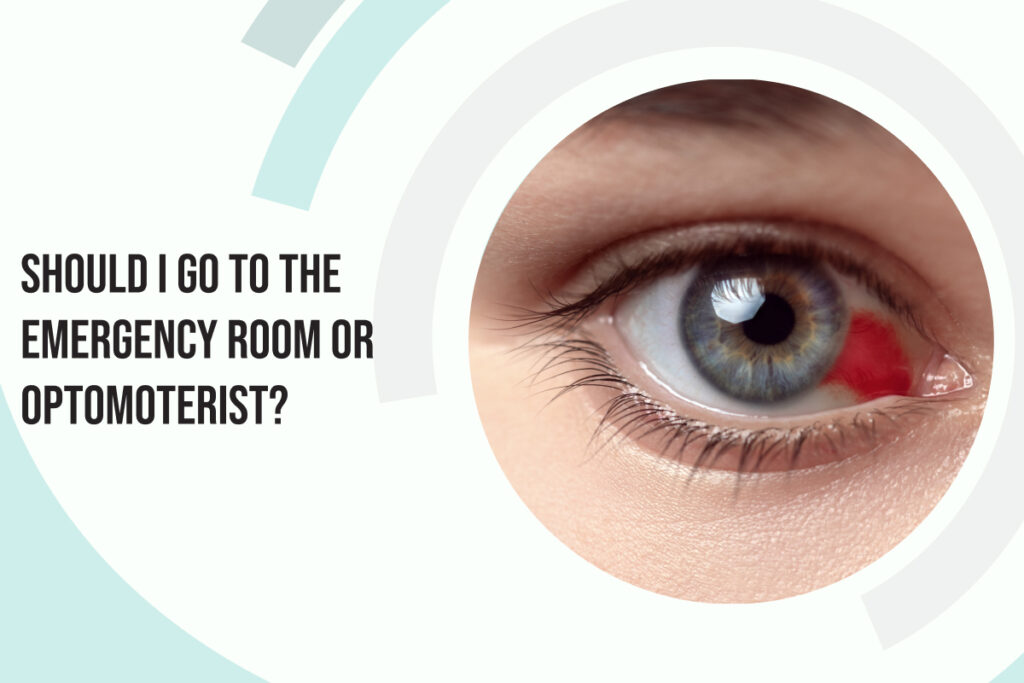Makeup is one of the easiest ways to enhance your look and express your personality. Whether you’re getting ready for a night out or applying a bit of mascara before work, your makeup bag probably holds some of your daily essentials. But did you know that the same products that help you feel confident can sometimes harm your eyes?
Expired cosmetics, unclean brushes, and everyday habits can all contribute to eye irritation, redness, or even infections. Here’s what you need to know about keeping your eyes healthy while using your favourite products.
1. Expired Makeup: The Perfect Breeding Ground for Bacteria
Every makeup product has an expiration date, even if it’s not always printed on the label. Once opened, mascara, eyeliner, and liquid eyeshadows can quickly become a home for bacteria. Each time you dip the applicator into the tube and back out again, you’re transferring small amounts of air—and with it, bacteria—into the product. Over time, that bacteria multiplies.
If you’ve ever experienced redness, burning, or swelling after applying makeup, an expired product could be to blame. Bacteria from these items can cause eye infections such as conjunctivitis (pink eye) or styes.
Here’s a quick guide to help you know when it’s time to toss old makeup:
- Mascara: Replace every 3 months
- Liquid eyeliner: Replace every 6 months
- Powder eyeshadows: Replace every 12 months
- Cream-based products: Replace every 6 months
Pro tip: Write the date you opened each product on the label. This small step can save you from unexpected irritation or infection down the road.
2. Unclean Brushes and Applicators: A Common Culprit for Eye Irritation
Makeup brushes and sponges help create a flawless look, but when they’re not cleaned regularly, they can harbour bacteria, oil, and dead skin cells. Each time you reuse a dirty brush, you’re spreading that buildup onto your skin and potentially into your eyes. Over time, this can cause blocked oil glands, eyelid inflammation, or infections.
If you’ve noticed small bumps near your lash line or persistent itchiness, your brushes could be part of the problem.
How to keep your tools clean:
- Wash brushes and sponges weekly with a gentle cleanser or baby shampoo.
- Rinse thoroughly and allow them to air dry completely.
- Avoid sharing makeup tools with others, even if it’s just for a quick touch-up.
It’s also smart to store brushes in a clean, dry space rather than leaving them on a bathroom counter, where humidity can encourage bacterial growth.
3. Cross-Contamination and Everyday Habits
Even if your products are new and your brushes are clean, small daily habits can still introduce bacteria to your eyes. For example, applying makeup while riding in a car or bus (especially on bumpy roads) increases the chance of accidentally poking your eye or introducing debris. Using makeup after an eye infection or sharing mascara with a friend are other common ways bacteria spread.
It’s also worth reconsidering where you store your makeup. Bathrooms, though convenient, are often humid, an ideal environment for bacterial growth. Instead, try keeping your makeup bag in a cool, dry place and always wash your hands before touching your face or eyes.
If you wear contact lenses, be extra cautious. Always apply lenses before your makeup and remove them before washing your face at the end of the day. This prevents makeup particles from getting trapped between your lenses and eyes, which can lead to discomfort or infection.
4. When to See an Eye Doctor
If your eyes start to feel red, itchy, watery, or swollen, it’s a sign that something isn’t right. While mild irritation might go away on its own, persistent symptoms could indicate an infection or allergic reaction that needs professional attention.
At Lethbridge Vision Care, our team of experienced optometrists can help identify the cause and provide treatment to soothe your eyes and prevent further irritation.
Remember—your eyes are delicate, and they deserve proper care. If you notice ongoing discomfort, don’t wait for symptoms to worsen. A comprehensive eye exam can reveal whether your cosmetics are contributing to the issue and ensure your eyes stay healthy.
Keep Your Eyes Safe
Taking a few minutes each week to clean your brushes, replace old products, and check for signs of irritation can make a big difference in protecting your vision. Eye health and makeup can go hand in hand, as long as you’re mindful of what’s in your makeup bag.
If you’re experiencing any redness, dryness, or irritation around your eyes, it might be time to schedule an appointment with your Lethbridge optometrist.







